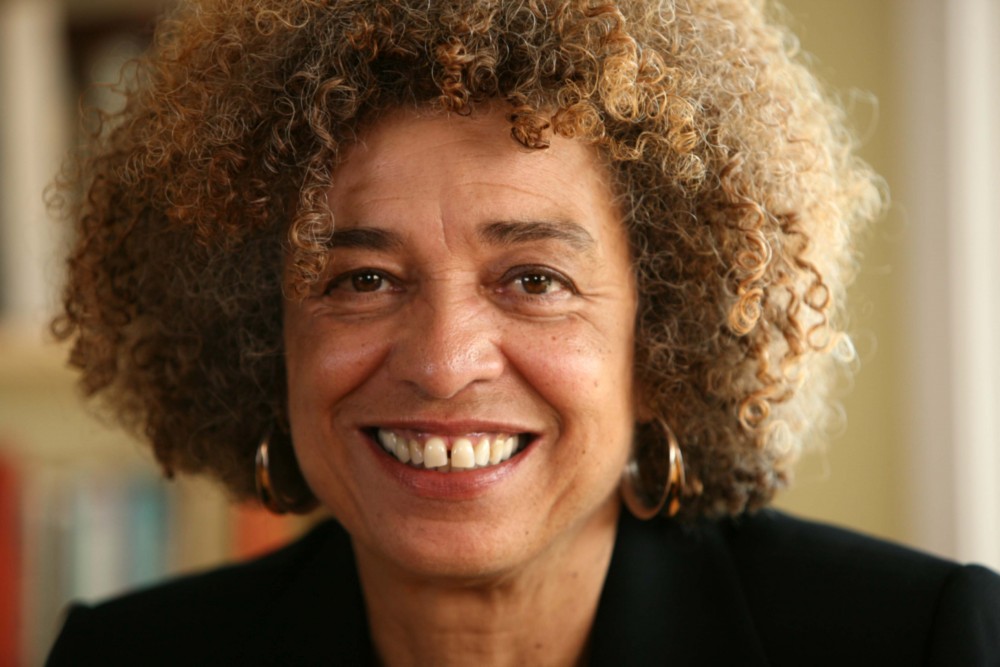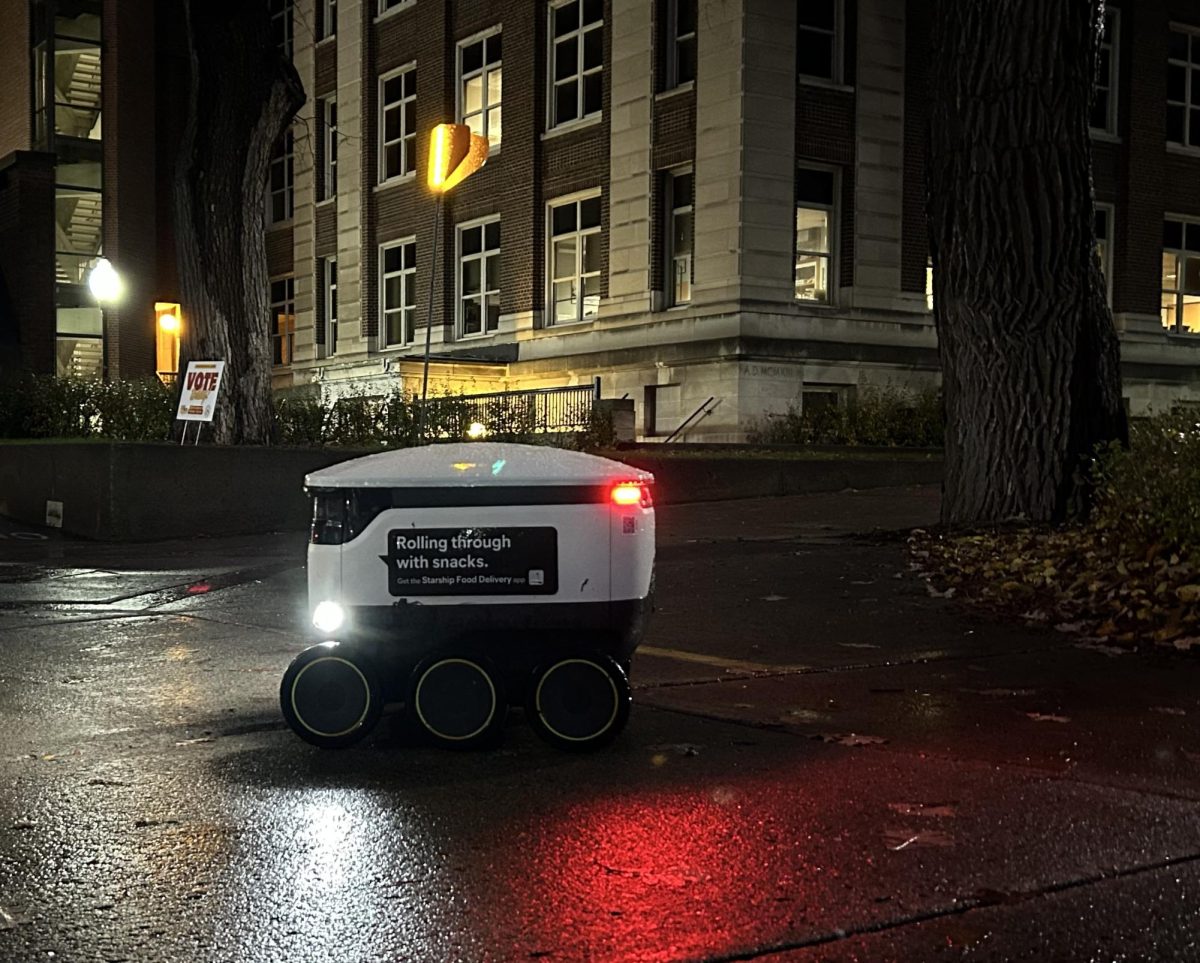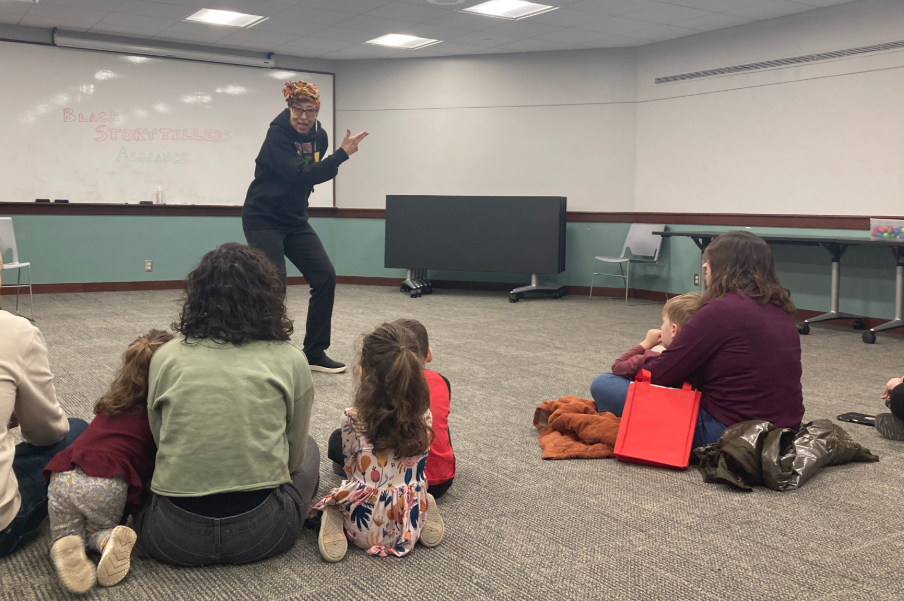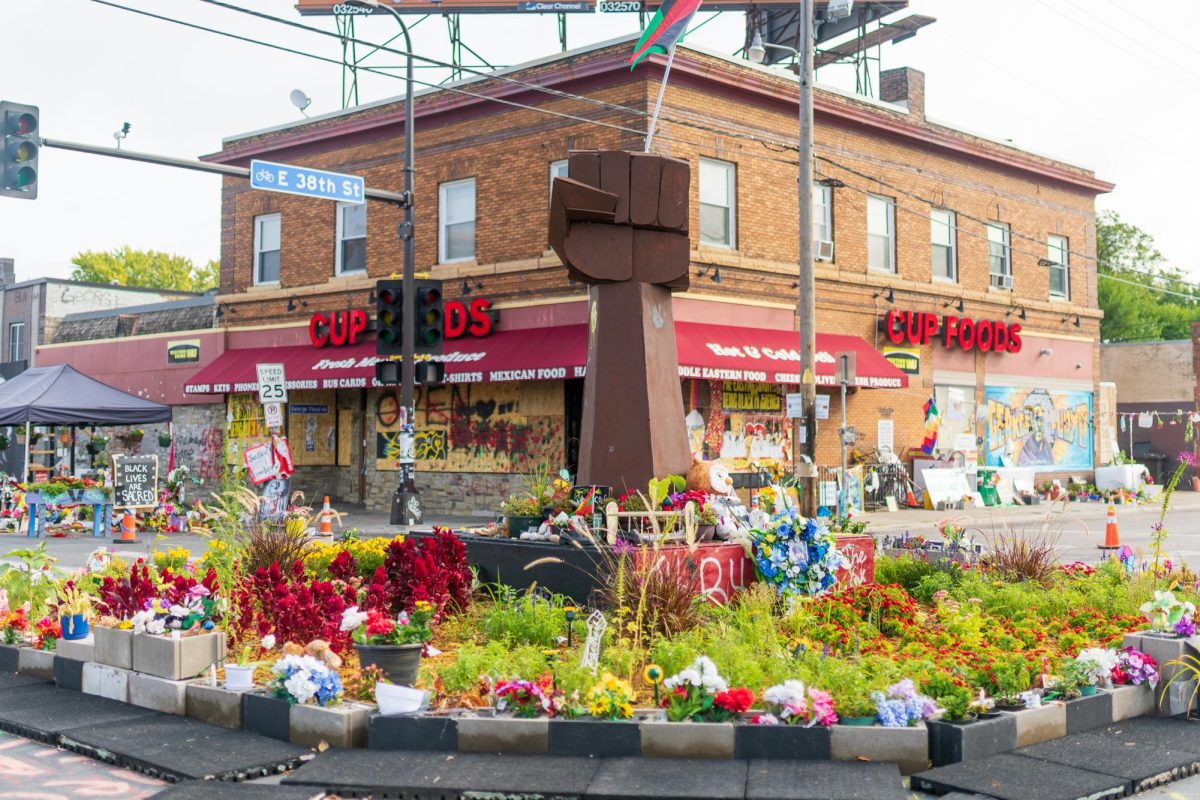On Wednesday, University of Minnesota students and other community members gathered in Northrop Auditorium to listen to activist Angela Davis discuss social justice and race issues.
The Rev. Dr. Martin Luther King, Jr. program and the College of Education and Human Development helped sponsor Davis’ speech, which is part of the ongoing Power and Privilege series put on by the Multicultural Student Engagement office. The series invites speakers to campus to discuss issues ranging from racism to gender identity.
MSE is bringing in speakers for the Power and Privilege series that will push boundaries, challenge ideas and enhance conversation, said Anise Mazone, director of the MSE and coordinator of the event.
“I don’t mind controversial speakers as long as they’re providing useful and constructive information,” Mazone said.
Davis is known for her abolitionist approach and activist work during the Civil Rights Movement to address the prison system, gender and racial equality. In order to promote conversation among attendants, Davis critiqued the persistence of systemic racism at a national, international and local level.
“It’s important to have someone like [Davis] because of her historical significance in civil rights … black feminist movement and prison-industrial complex movement,” said Keith Mayes, a professor of African-American and African Studies at the University. “There are so many different overlapping movements that she is critically responsible for advancing.”
During the event, Davis recalled her years as an activist during the 20th century. Davis said she assumed the 21st century would be different, but issues of systemic oppression based on race, gender, class or sexuality persist.
“I think it’s really important for [Davis] to come and talk to the University because even here we struggle with a lot of issues of racism and gender violence,” said junior Dylan Carden. “She stressed a lot of radical approaches and revolutionary approaches rather than just straight reform to the current system that we have.”
Using past civil rights movements as examples for fighting current systems, Davis said people are now better equipped to understand how to address race issues.
“If we have advanced in our thinking about racism, it is that we now recognize the deep structural pattern of racism and how deeply entrenched it is in all of our institutions,” Davis said at the event.
Davis said that when addressing oppression, it is important to acknowledge that people may be oppressed in more than one way based on their gender, race and class.
“I think the importance for her presence on campus, for students, is that it will connect many of the ideas that they already learned in class,” Mayes said.








